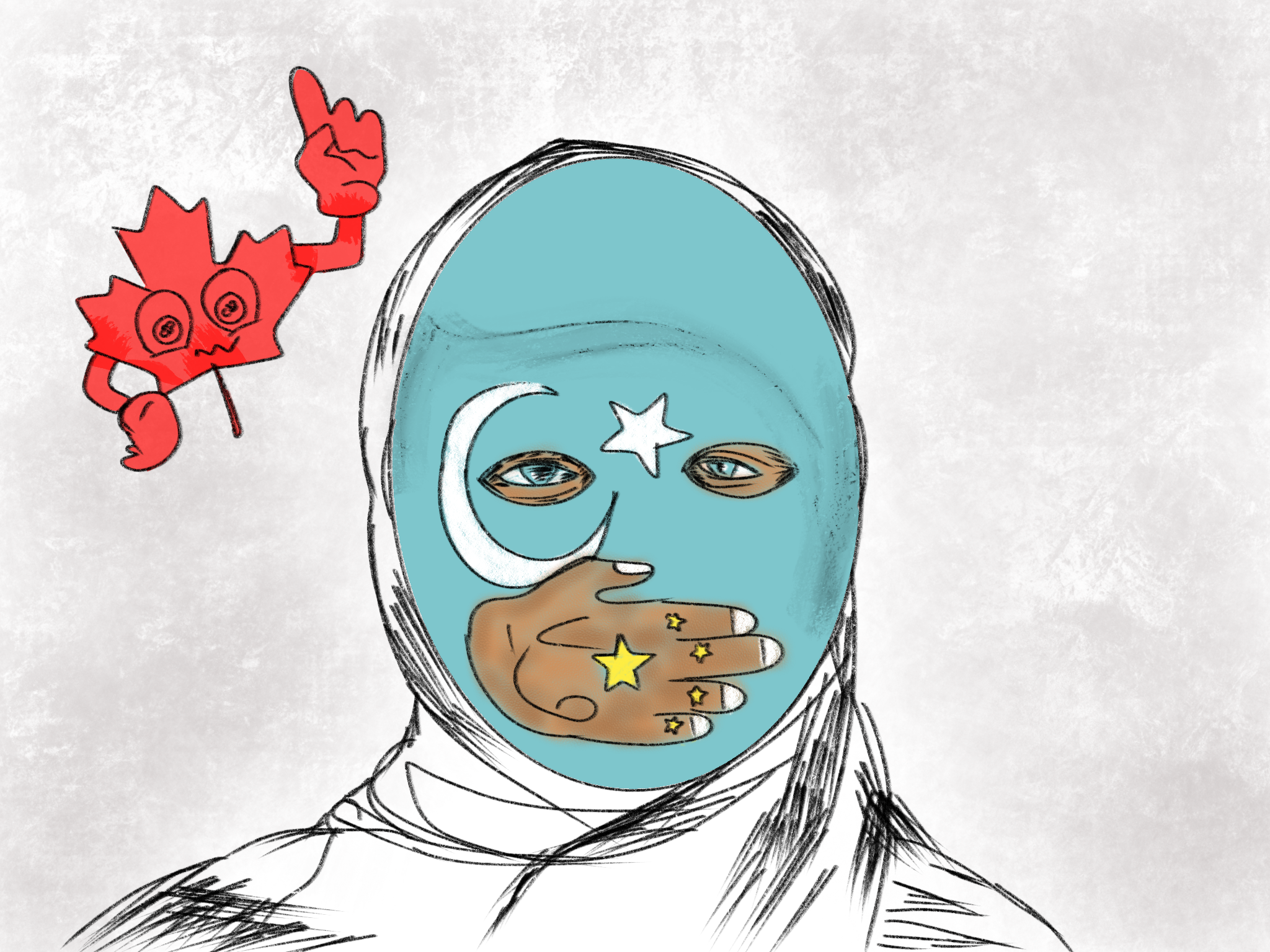The Canadian government’s silence about ongoing genocide speaks volumes
In a mountainous region thousands of miles from the glittering lights of Beijing, a people face cultural extinction. Within the remote and sparsely populated region of Xinjiang, a tremendous evil is at hand while the world watches with an indifferent gaze. The inhabitants of the region, the Uyghur people, with a history spanning thousands of years, face a genocide of epic proportions.
The Uyghurs sit at the eastern edge of the Turkic world. Unlike other Turkic groups, the Uyghurs’ national aspirations suffered following the Qing Dynasty’s 18th-century conquest. Subjugated and deprived of a nation, the Uyghurs were left powerless over their collective future. In the subsequent decades, a series of clashes between various political groups culminated in the 1949 absorption of the Uyghurs into the People’s Republic of China.
Under the new regime, Beijing began a rapid assimilation program bent on enacting conformity across the budding communist nation. The Uyghur language, religion, and culture faced a ferocious onslaught as the Chinese government fought to maintain control over the northwestern region. In the 1950s, the Chinese government ordered the migration of thousands of Han Chinese — China’s largest ethnic group — in the first of many policies promoting assimilation. Consider a report released from Arizona State University indicating the Han population rose from 220,000 (6.9 per cent) in 1949 to 8.4 million (40 per cent) in 2008.
The demographic shift is no coincidence or product of the natural migration of peoples between areas. Instead, the Chinese Communist Party (CCP) sought to actively dilute the Uyghurs into a subservient people deprived of their national identity. Under the guise of economic development, Chinese organizations such as the Xinjiang Production and Construction Corps (XPCC), moved at least hundreds of thousands of Han Chinese into Xinjiang, dramatically shifting the region’s demographics.
In 2014, Xi Jinping, the CCP general secretary and president of China began interning Uyghurs in concentration camps with the “Strike Hard Against Violent Terrorism” campaign. Under the guise of “vocational training” and “re-education,” the Chinese government began the largest internment of people since the Second World War with as many as three million Uyghurs detained.
Today, the campaign is worsening with reports of torture, compulsory sterilization, rape and brainwashing. Forced to recite slogans in Mandarin pledging loyalty to the CCP, beaten for praying, and tortured at the whim of the Chinese authorities, the Uyghurs face individual bodily harm and collective cultural annihilation.
Concurrently, the world continues to grovel to the Chinese government. Prime Minister Justin Trudeau sent Canadian troops to a military parade where they saluted Xi Jinping. Furthermore, the Trudeau government, unlike the other Five Eyes, welcomed Huawei to build a 5G network, despite the company’s role in surveilling Uyghurs.
In the fading days of the Trump administration, American Secretary of State Mike Pompeo rightfully declared the situation in Xinjiang a genocide. Last week, Parliament unanimously passed a Conservative motion calling on the Liberal Government to recognize China’s atrocities against the Uyghurs as a genocide. Additionally, MPs also passed an amendment introduced by the Bloc Quebecois calling on a boycott of the 2022 Beijing Olympic Games should the genocide continue.
However, hope of Canada following the United States in holding China accountable collapsed when Liberal Minister of Foreign Affairs Marc Garneau abstained on behalf of the “Government of Canada.” The abstention ought to shock Canadians as their government chose to ignore the will of Parliament. In doing so, Garneau revealed the dark underbelly of the Trudeau administration — one that claims to cherish and protect minorities while remaining silent in the face of their cultural destruction.
Regardless of the genocide’s progression, the Olympics and all economic activities benefiting China ought to cease. Doing business with a country that utilizes de facto slavery against its own people, imprisons political dissidents, and executes thousands annually is not only an act of complicity, but support.
The lights of the internment camps only remain illuminated because of the world’s economic relations with Beijing. However, concerned Canadians, organizations, universities, and governments can take action through reevaluating engagements with complicit Chinese institutions. In doing so, Canada can proudly defend human rights and perhaps change history. The alternative is a red Maple Leaf affixed to the death certificate of the Uyghur people.
Graphic by @ihooqstudios
